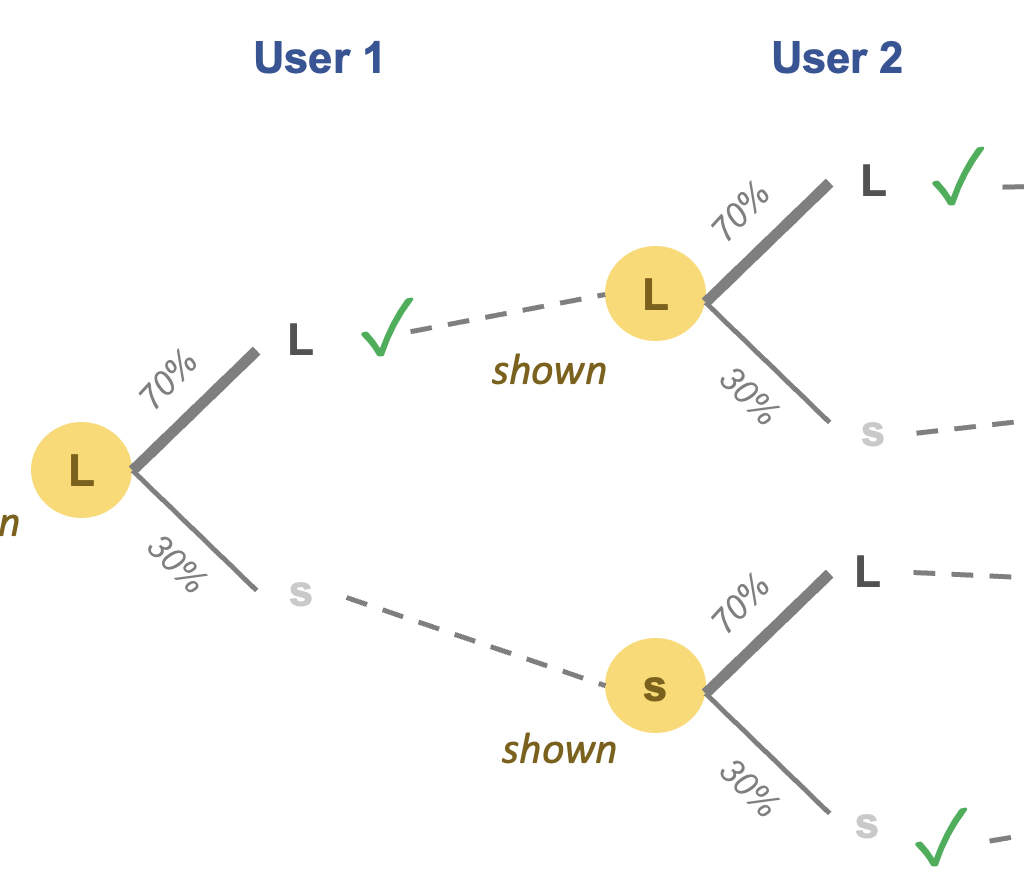Three complaints about medical journalism
It's very frustrating to read journalism about health and medicine. They repeat bad advice from papers that are published with narrowly-defined research objectives.
Here's a recent example about red meat (link; the study itself). The headline gives us a prescription: "Study gives more reasons for passing on red meat". The key paragraph tells us:
Each extra serving was also tied to a 16 percent higher chance of dying from cardiovascular disease in particular, and a 10 percent chance of dying from cancer -- even after taking into account other aspects of health and lifestyle that could influence the chance of dying, such as weight, smoking, the rest of their diet and socioeconomic factors.
To summarize: Food X is linked to disease Y. Therefore, eat less (or don't eat) X.
***
Complaint #1: there is no such thing as "good food" or "bad food"
Every food has harms and benefits. These studies are almost always looking for "causes" of disease. Rarely are studies reported to prove that an extra ounce of red meat, etc. will enhance our intelligence by 10% (I'm making this up.) Red meat surely has some benefits. So we must balance both the benefits and the harms in order to decide how much to eat.
Complaint #2: there are multiple causes for cancer/heart disease/etc.
There is an unspoken implication that if one eats less of food X, one will not get disease Y. This is wrong on several levels. First, a 10 or 12 or 16 percent reduction in mortality rate may sound impressive but what is the base rate? The average age of 120,000 people being analyzed was about 45-50. In following them for 22-28 years, about 24,000 died of any cause, that's 20 percent. A 10 percent improvement of this probability is 2 percent. Is this practically meaningful? Only you can tell.
Another problem is that cancer/heart disease etc. has multiple causes. Most people are exposed to multiple risks that could lead to these diseases. Reducing one type of risk most likely will not stop you from getting disease Y.
Complaint #3: you can only control for things you know about
One typical defense of such analysis is the use of control variables. In the above quote, we read something like "after taking into account other aspects of health and lifestyle that could influence the chance of dying, such as weight, smoking, the rest of their diet and socioeconomic factors."
Impressive, right? The problem is for most diseases like cancer, we don't yet, and may never, know the entire causal structure of how one gets it. We can't control for variables that we don't know are related to the disease, or ones we mistakenly thought to be unrelated, or ones that are not being measured.
Secondly, these regressions almost never take into account the fact that all those control variables are not independent; for example, poorer people are more likely to have less healthy diets, someone who eats more meat are more likely to eat less vegetables. Say, someone reduces meat intake. It is likely this person would be eating more vegetables and/or fruits. The single coefficient for meat in the regression would underestimate the impact.
***
I cannot end without pointing out that it is misleading for the reporter to say "Each extra serving was also tied to a 16 percent higher chance of dying from cardiovascular disease". If this was so, with 5 extra servings, we'd all be dead. It should really say "Have one extra serving per day every day you're alive", which was what the researchers were measuring.



